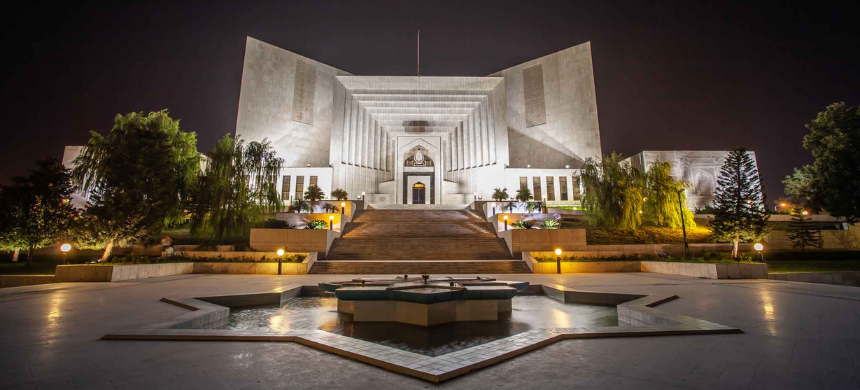The Supreme Court of Pakistan has urged both federal and provincial governments to review and revise policies and laws to align with international standards, with the goal of reducing the time death row prisoners spend in detention.
In a nine-page judgment authored by Justice Jamal Khan Mandokhail, the court addressed the harsh and often inhumane conditions faced by death row inmates, noting that many remain in death cells for years or even decades due to delays in the judicial process and execution of sentences.
Also Read: Court halts Khanpur TMA from collecting taxes
The ruling was delivered during the review of a criminal petition filed by Ghulam Shabbir, a convict who had been imprisoned for 34 years, including 24 years in a death cell. The Supreme Court partially granted the petition, converting Shabbir’s death sentence to life imprisonment due to the extended delay, which the court deemed as an undue double punishment.
Justice Mandokhail highlighted that such delays effectively impose a second punishment, which is not permissible under Pakistani law or Islamic principles. The judgment also referenced international standards, including the UN’s Nelson Mandela Rules, which assert that imprisonment conditions should not constitute additional punishment.
The court called for updating outdated prison laws and ensuring they are enforced in a manner that respects the fundamental rights of all prisoners, especially those on death row.
Following this judgment, Ghulam Shabbir will be released from jail after 34 years of imprisonment, having completed his life sentence.











